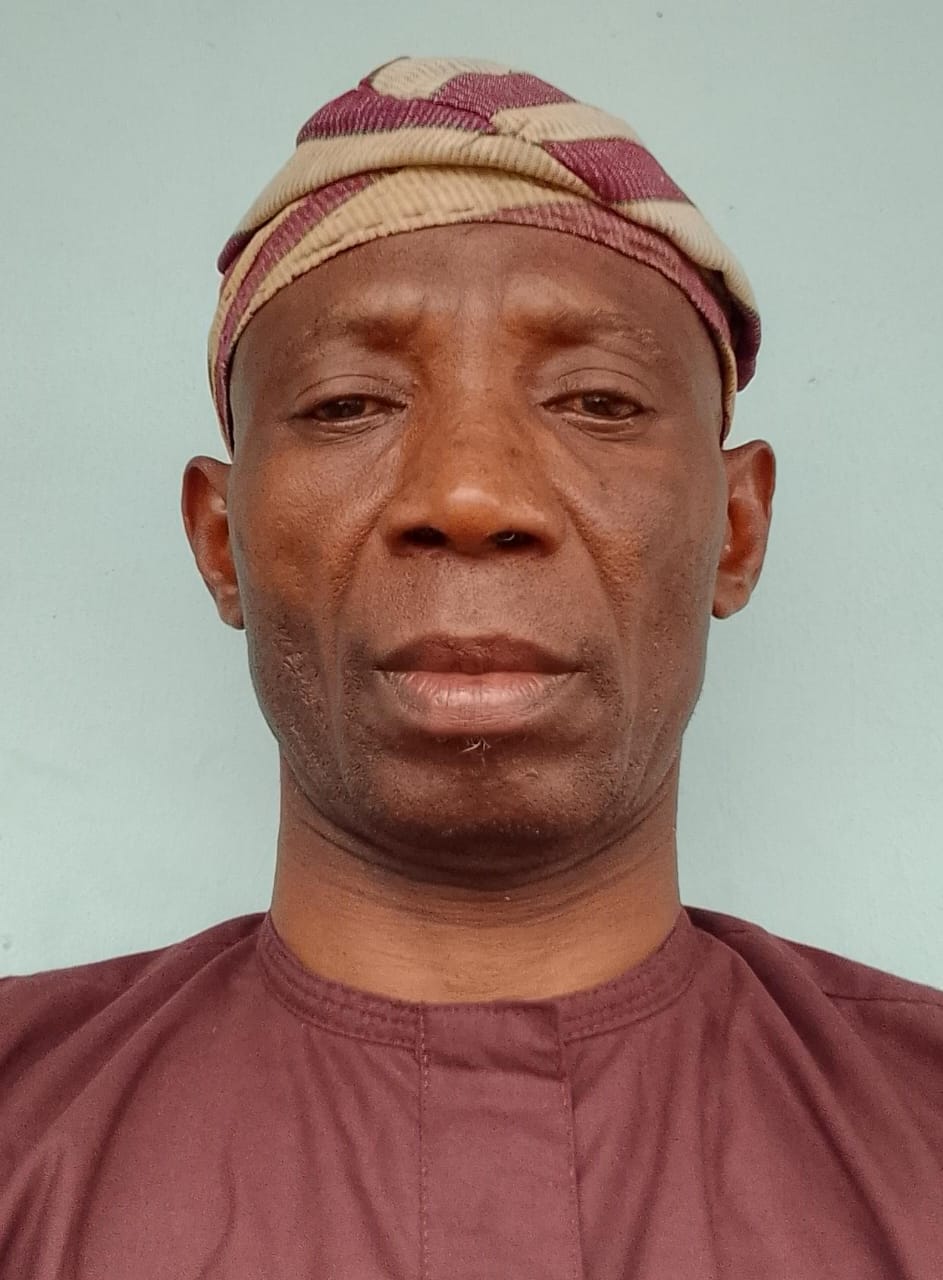
Tunde Odesola
After about 500 years of imperial dominance—extending into the present-day Republic of Benin and Togo, and reaching the Sahelian fringes of Nupe, Borgu, and parts of Hausaland—the fall of the Old Oyo Empire was total by 1835, when Fulani forces burned down Oyo-Ile, the imperial capital, following the death of Alaafin Olúéwu.
The royal family, elite, and many other survivors of the Fulani onslaught on Oyo-Ile, also known as Katunga, fled southward and relocated the capital to Àgó d’Òyó, a more southerly and defensible site than the original seat of power.
One hundred and ninety years after the fall, there seems to exist in modern-day Oyo, an umbilical cord that ties the mystique of the lost empire to the pride of a people, who forlornly wish to reinvent the uniqueness of a paradise lost, “A ji se bi Oyo la n ri, Oyo o se bi baba enikankan.”
The demise of the Old Oyo Empire signalled a lull in the Yoruba economy, as trading shrank due to dwindling economic opportunities.
However, efforts at Yoruba renaissance gained global attention in 1970 when an African-American, Walter Eugene King, founded Oyotunji village in Sheldon, South Carolina, USA. King, who was later christened and crowned Oba Efuntola Oseijeman Adelabu Adefunmi, was born on October 5, 1928, in Detroit, Michigan, USA, but he had never set foot on Nigerian soil when he founded Oyotunji.
According to the website of Oyotunji village, oyotunji.org, Adefunmi graduated from Cass Technical High School and was baptised at Hartford Avenue Baptist Church at 12.
“He began African studies at age 16 to begin his quest for the deities of Africa. Exposure to African religion began with the association with the Katherine Dunham Dance Troupe at the age of 20. Travelled to Haiti the same year, and founded the order of Damballah Hwedo, Ancestor Priests in Harlem, NY, the following year.
“On August 26, 1959, (Adefunmi) became the first African born in America to become fully initiated into the Orisa-Vodun African priesthood by African Cubans in Matanzas, Cuba. This marked the beginning of the spread of Yoruba religion and culture among African-Americans. With a few followers, and after (the) dissolution of the Order of Damballah Hwedo, (Adefunmi) founded the Sango Temple in New York. (He) incorporated the African Theological Archministry in 1960. The Sango Temple was relocated and renamed the Yoruba Temple the same year,” the website says.
Furthermore, the website explains that the cultural aficionado introduced the dànsíkí dress and started small-scale manufacture of African attire in 1960, establishing the Yoruba Academy for the academic study of Yoruba history, religion, and language in 1961.
Adefunmi, who opened Ujamaa Market in 1961, started a trend of African boutiques, which, like the dànsíkí, spread throughout African-American communities.
The website continues, “Baba published several pamphlets – The Yoruba Religion, The Yoruba State and Tribal Origins of the African-American, to name a few. He participated in the Black Nationalist rallies of 1969 and, during that time, formed the African Nationalist Independence Partition Party, aimed at establishing “an African state in America by 1972!”
“In the fall of 1970, he founded the Yoruba Village of Oyotunji in Beaufort County, South Carolina, and began the careful reorganisation of the Orisa-Vodu Priesthood along traditional Nigerian lines. He was initiated into the Ifa priesthood by the Oluwa of Ijeun at Abeokuta, Nigeria, in August of 1972. Baba Adefunmi was proclaimed Alase (Oba-King) of the Yoruba of N. America at Oyotunji Village in 1972.
“Oba Adefunmi convened the first official Ogboni Parliament of Oyotunji Chiefs and land owners in 1973, and later that year founded the Igbimoolosa (Priest Council) to oversee priestly education and training, organise laws and rules to govern priestly conduct, ethics and behaviour, and adjudicate disputes among Orisa-Vodu priests. Also in 1973, he commenced the construction of the Osagiyan Palace at Oyotunji Village. Oba Adefunmi I has been called the “Father of the African Cultural Restoration Movement”.
“In 1981, the Caribbean Visual Arts and Research Centre in New York sponsored Oba Adefunmi to be a presenter at the first World Congress of Orisa Tradition and Culture at the University of Ile-Ife, Nigeria. After his presentation, his Divine Royal Majesty King, Okunade Sijuwade Olubuse II, the ‘Ooni’ of the ancient Yoruba city of Ile Ife, Nigeria, summoned Adefunmi and ordered the Ife Chiefs to perform coronation rites on him; thereafter becoming Oba Efuntola Oseijeman Adelabu Adefunmi I. Oba Adefunmi I became the first in a line of new world Yoruba Kings consecrated at the palace of the Ooni of Ife. He was presented with a special ceremonial sword of state, incised with the name of his Liege Lord, the Ooni of Ife.”
Less than seven days after the coronation of Alaafin Abimbola Owoade, on April 5, 2025, I wrote an article titled “Letter to Alaafin Abimbola Owoade,” in which I expressed happiness over his ascension. In the letter, I assessed how the Alaafin had carried himself since he was named the oba-elect, and I said, “Alaafin, so far, your feet appear to be set on the path of honour, I beseech thee not to depart from it. I love your demeanour; I love your grace and face. I love the sheen of your blackness, ‘adu ma dan, okunrin ogun’; you are truly the son of your father.”
But the sound emanating from the bata (drum) within the walls of the Oyo palace is no longer sweet to the ears nor danceable to the feet. There are so many cacophonous sounds coming from Oyo now. One of such sounds is the issue surrounding the death of the Baba Oba of Oyotunji, whom some news media said was attacked in your palace, and that the alleged attack led to his death.
Another inharmonious sound from Oyo is the communication breakdown that led to the shoddy treatment of the Orangun of Ila, Oba Abdulwahab Oyedotun, and his entourage.
Yet another discordant tune from Oyo Alaafin is the alleged cold war brewing between the paramount head of all Yoruba traditional kings, Ooni Adeyeye Ogunwusi, and the incumbent Iku Baba Yeye, over Oyotunji, among some other tiffs.
Specifically, a report by an online national newspaper, Sahara Reporters, on May 4, 2025, alleged that a Yoruba traditional ruler based in the United States, Chief Lukman Ojora Arounfale, who is the Baba Oba of Oyotunji African Village, South Carolina, “died following an alleged assault ordered by the Alaafin of Oyo, Oba Abimbola Akeem Owoade.”
The report claimed that the late Arounfale and his wife were beaten inside the Oyo palace on the orders of Alaafin and that the assault led to the death of the visiting chief.
However, in a rebuttal published in The PUNCH on May 8, 2025, Owoade spokesperson Bode Durojaye said the Alaafin was not responsible for the death of Arounfale.
A statement by Durojaye, who is the Head of the media and Publicity Office of the Alaafin, urged members of the public to disregard the report of any feud between the Alaafin and the Ooni, insisting the Alaafin holds the Ooni in esteem.
Juju music superstar Chief Commander Ebenezer Obey was not the original composer of the evergreen songs “Eni ri n kan e” and “Bi o si temi.” Commander Obey fell in love with the two didactic songs after Pa Ambrose Campbell released them, remixing both songs separately, and they became much more popular than when they were released by Campbell.
“Eni ri n kan e,” is the story of a treasure “Lost, Found and its Loser.” The once-upon-a-time story says a man suddenly finds something of value, and he goes berserk with joy. Campbell, the storyteller, asks, “If someone who finds a treasure goes wild with joy, what should the one who lost it do?”
Oyotunji is truly a treasure, but it shouldn’t be a battleground for the Ooni versus Alaafin war for reasons I will introduce later in this article.
After Oba Adefunmi joined his ancestors on February 11, 2005, one of his princes, Adejuyigbe Adefunmi was crowned king on July 3, 2005, and Oyotunji kingdom grew in leaps and bounds under his leadership – until that tragic morning of Monday, July 29, 2024, when death, through a knife stabbed by his sister, stole into the Oyotunji village and snatched the king, who had seven children and seven wives.
When he reigned, Adefunmi II was in the habit of paying glowing tributes to Ooni Olubuse, Oba Sijuwade Okunade, whom he saw as his feudal lord, with his American throne being a vassal to Ife.
Rites of passage performed by agbada and buba-wearing African-Americans for the departed monarch were done in Yoruba. Very instructive in the rites was the copious reverence of Ile-Ife as the ancestral and spiritual home of all Yoruba. There was no mention of Oyo Alaafin by any of the African-American traditionalists who buried Oba Adefunmi II.
- To be continued.









